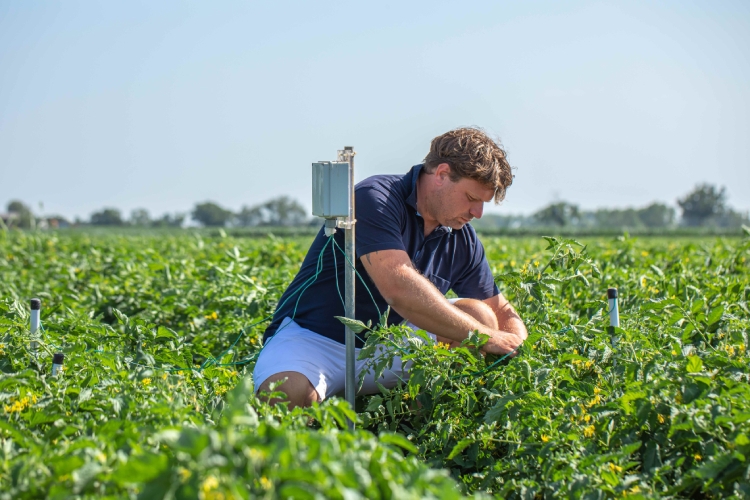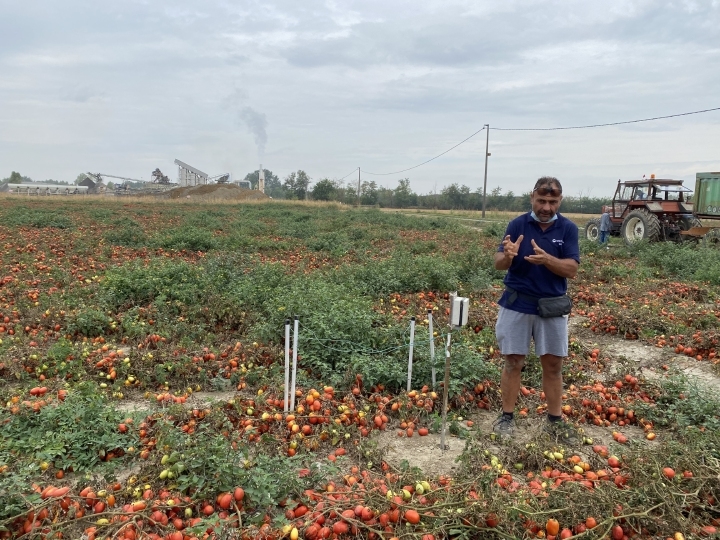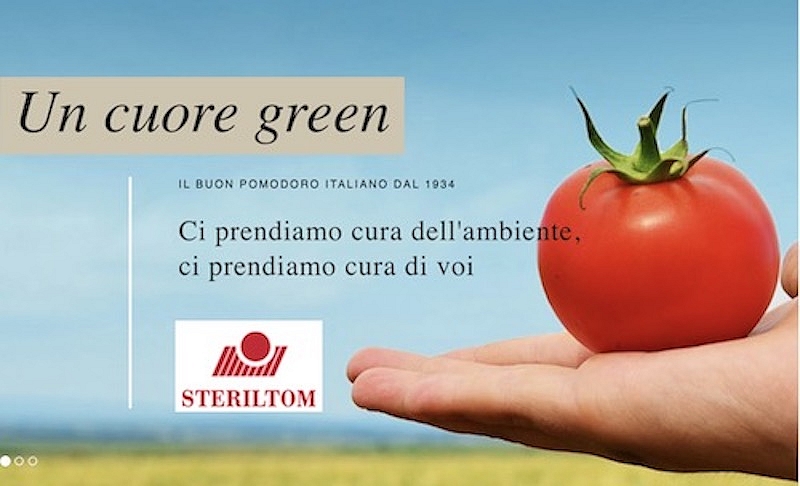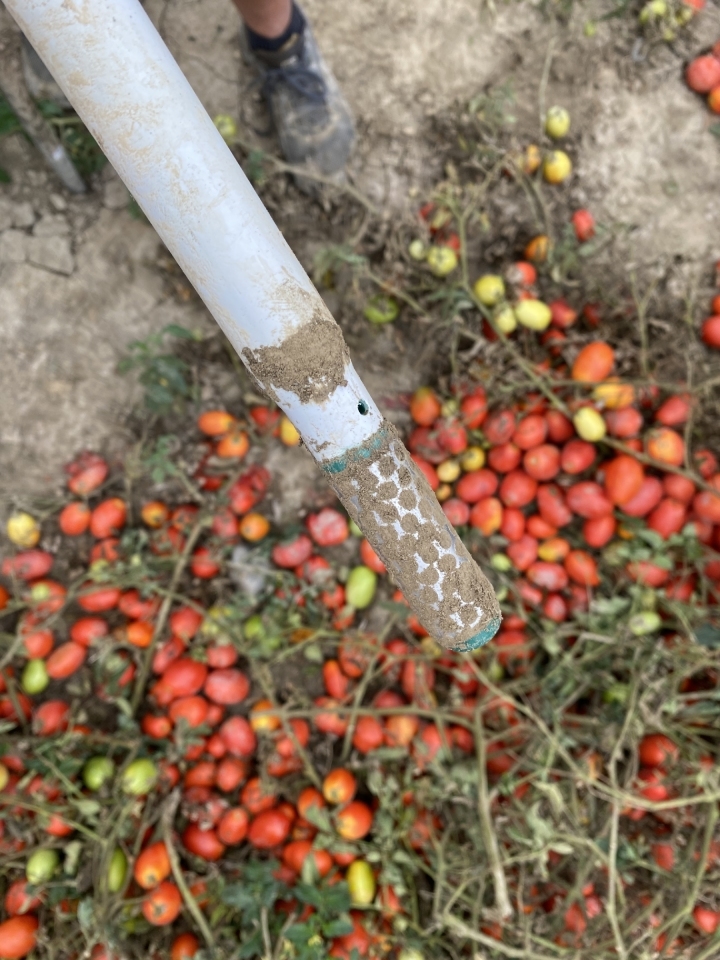Respect for your privacy is our priority
The cookie is a small information file stored in your browser each time you visit our web page.Cookies are useful because they record the history of your activity on our web page. Thus, when you return to the page, it identifies you and configures its content based on your browsing habits, your identity and your preferences.
You may accept cookies or refuse, block or delete cookies, at your convenience. To do this, you can choose from one of the options available on this window or even and if necessary, by configuring your browser.
If you refuse cookies, we can not guarantee the proper functioning of the various features of our web page.
For more information, please read the COOKIES INFORMATION section on our web page.


 Installation of tensiometers
Installation of tensiometers
 "We have two production plants: one in Piacenza and the other in Ferrara, which was set up as a result of the takeover of the former Ferrara Food plant, now ItalTom. In our factories, maximum attention is paid to sustainability, particularly at the Ferrara plant, which was recently built, and where we have installed a closed-cycle system that practically allows us to be self-sufficient in terms of water."
"We have two production plants: one in Piacenza and the other in Ferrara, which was set up as a result of the takeover of the former Ferrara Food plant, now ItalTom. In our factories, maximum attention is paid to sustainability, particularly at the Ferrara plant, which was recently built, and where we have installed a closed-cycle system that practically allows us to be self-sufficient in terms of water." Detailed view of one of the sensors in the ground
Detailed view of one of the sensors in the ground



























